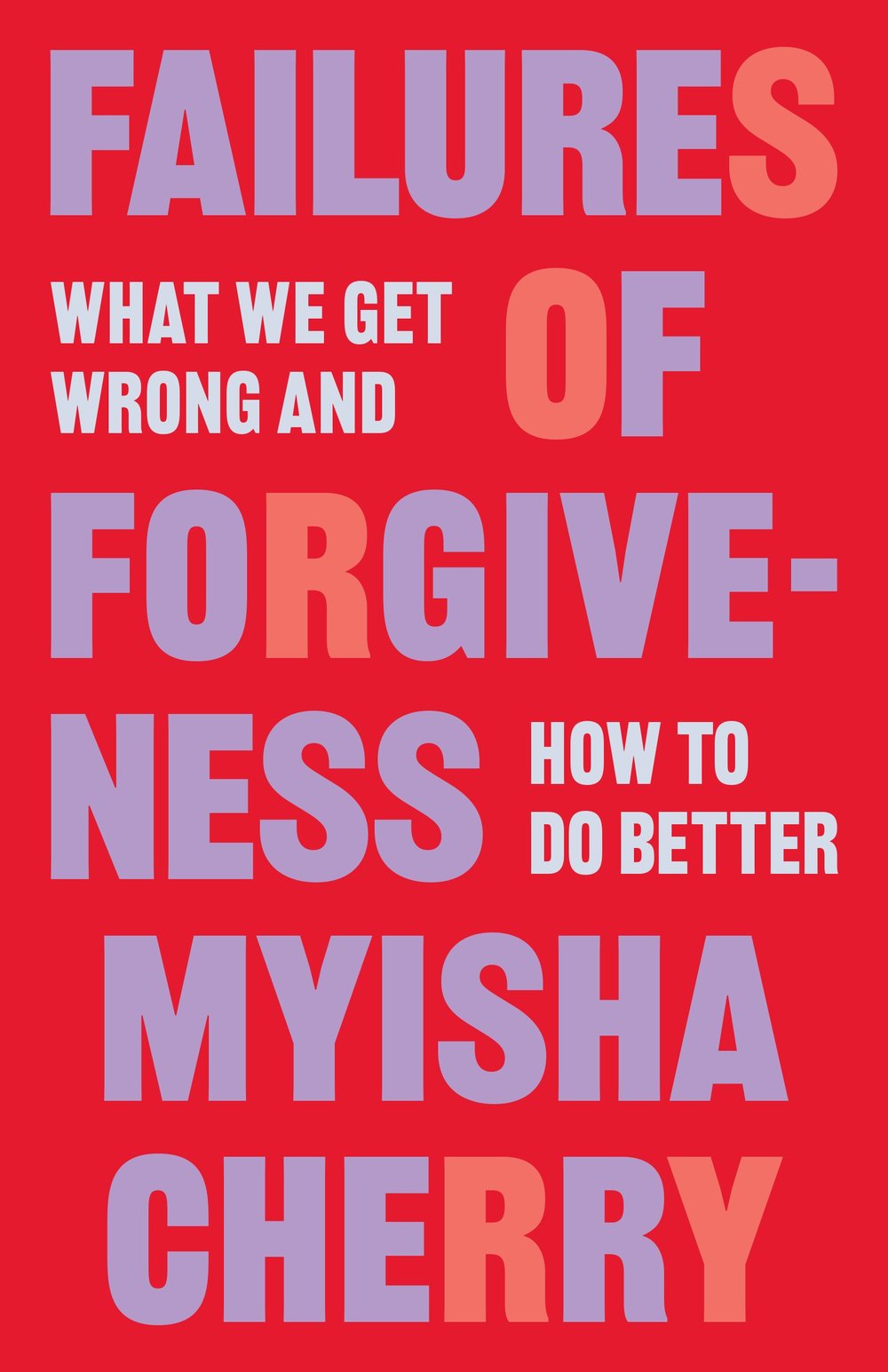Failures of Forgiveness
What We Get Wrong and How to Do Better

Philosopher Myisha Cherry teaches us the right ways to deal with wrongdoing in our lives and the world.
Sages from Cicero to Oprah have told us that forgiveness requires us to let go of negative emotions and that it has a unique power to heal our wounds. In Failures of Forgiveness, Myisha Cherry argues that these beliefs couldn’t be more wrong — and that the ways we think about and use forgiveness, personally and as a society, can often do more harm than good. She presents a new and healthier understanding of forgiveness — one that will give us a better chance to recover from wrongdoing and move toward 'radical repair'.
Cherry began exploring forgiveness after some relatives of the victims of the mass shooting at Emanuel A.M.E. Church in Charleston, South Carolina, forgave what seemed unforgivable. She was troubled that many observers appeared to be more inspired by these acts of forgiveness than they were motivated to confront the racial hatred that led to the killings. That is a big mistake, Cherry argues. Forgiveness isn’t magic. We can forgive and still be angry, there can be good reasons not to forgive, and forgiving a wrong without tackling its roots solves nothing. Examining how forgiveness can go wrong in families, between friends, at work, and in the media, politics, and beyond, Cherry addresses forgiveness and race, cancelling versus forgiving, self-forgiveness, and more. She takes the burden of forgiveness off those who have been wronged and offers guidance both to those deciding whether and how to forgive and those seeking forgiveness.
By showing us how to do forgiveness better, Failures of Forgiveness promises to transform how we deal with wrongdoing in our lives, opening a new path to true healing and reconciliation.

Myisha Cherry is assistant professor of philosophy at the University of California, Riverside, where she also directs the Emotion and Society Lab. She is the author of The Case for Rage: Why Anger Is Essential to Anti-Racist Struggle and UnMuted: Conversations on Prejudice, Oppression, and Social Justicewhich draws on her popular podcast UnMute. She has been widely featured in the media, including the Los Angeles Times, The New Yorker, the Atlantic, BET, and the podcast Pod Save the People.
